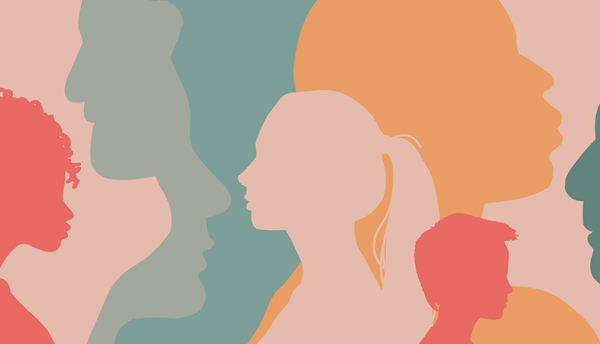Over 40 leading organisations, including Ferring, UCB, Roche, GE Healthcare, SAP, Salesforce, Tech Mahindra and Microsoft, have signed an open letter urging improved gender equity in global healthcare. The letter, which was shared at the World Economic Forum Annual Meeting in Davos, highlights historical deficiencies in awareness, funding and biases affecting women’s health outcomes.
Consequences include delayed diagnoses, misdiagnosed heart conditions, higher mortality rates for diabetic women and increased susceptibility to drug reactions.
The open letter calls for cross-sector collaboration to rejuvenate women’s health, aligning with projections that addressing the gender health gap could boost the global economy by US$1 trillion annually by 2040. Six recommendations include increased advocacy, expanded curricula, more trials, women-centric care pathways, gender-specific data and increased funding.
Problems throughout the system…
Gender bias can be found in every corner of the healthcare ecosystem. This begins with investment, with, for example, just 3% of overall digital health funding made up by women’s health digital start-ups. Similarly, in research and development, despite the fact that, for example, women account for 70% of chronic pain patients, 80% of pain medication has only been tested on men or male mice.[2] Education and public awareness around women’s health has also been neglected, with 41% of UK medical schools not having mandatory menopause education on the curriculum.
…lead to poor outcomes for women
The consequences of this imbalance are significant for women, and examples are many and varied. On average:
- Women wait four years longer than men to receive a diagnosis for the same disease
- Women are seven times more likely to have a heart condition misdiagnosed
- Women with type 1 diabetes are 44% more likely to die from secondary complications than men
- Women are 52% more likely than men to experience an adverse reaction to medical drugs
Time for action
The open letter calls for this emerging cross-sector community to make a lasting commitment to regenerating women’s health—something that makes economic, as well as moral, sense. A report by the World Economic Forum has projected that “investments addressing the women’s health gap could potentially boost the global economy by $1 trillion annually by 2040.” The letter lays out six ways to achieve this by redesigning the healthcare system with women in mind. These are:
- Increasing advocacy and awareness around women’s health
- Expanding curriculums to adequately cover women’s health topics
- Increasing the volume of clinical and policy research trials on women’s health
- Building women-centric integrated care pathways
- Ensuring gender-specific data sets are collected, regulated, analyzed, used, and shared across the healthcare ecosystem
- Boosting funding for academic research, product research and development, and consumer health solutions around women’s health
Acknowledging the complexity, the letter emphasizes the transformative change requires cross-sector collaboration. The hope is that this open letter will unite stakeholders across healthcare, education, government, finance and more, shaping a more equitable future for women’s health.
Alex Liu, Managing Partner and Chairman at Kearney, said: “Our open letter is intended to be another step in this staircase toward a truly equal system, but relies on large-scale coordination across various contributing factors and pain points to be effective. We must rethink our health systems with women at the front of mind to shape a fairer future, bolster the economy and workforce, and rebuild an unjust system to serve us all equally.”
Click below to share this article

